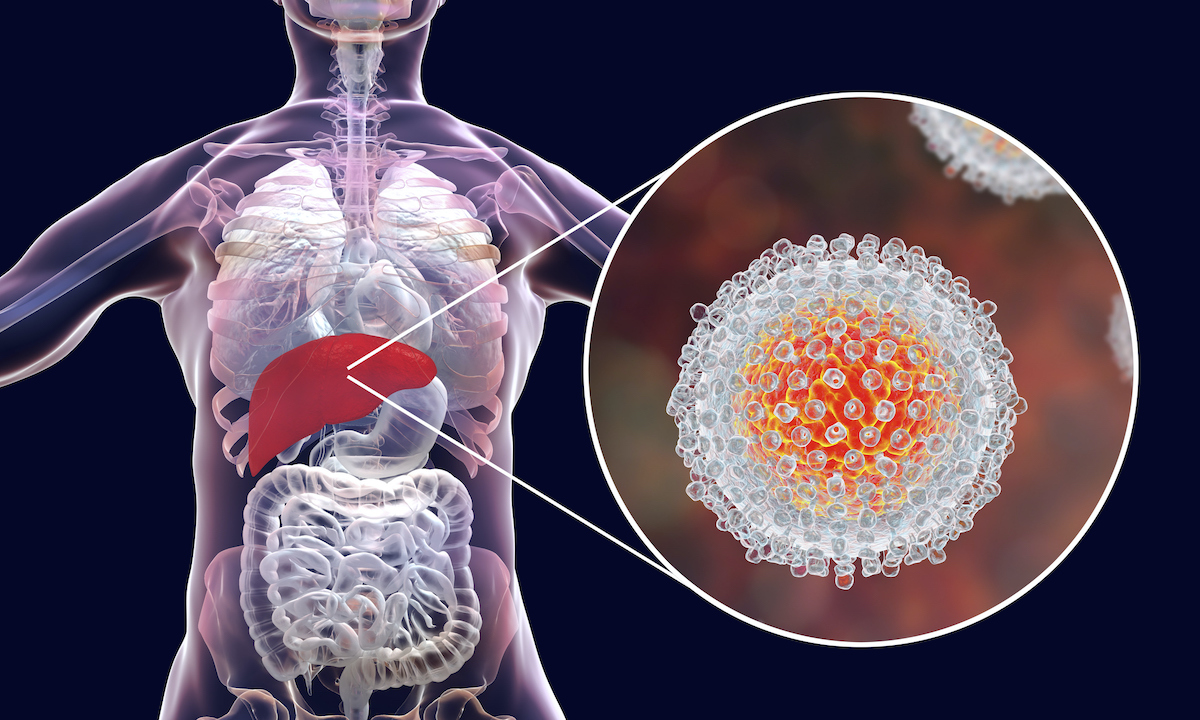
Causes of Hepatitis C
The Hepatitis C virus causes this disease, primarily transmitting through contact with an infected person’s blood. Transmission can happen in various ways, including sharing needles or other drug-injection equipment, unsafe medical practices without sterile procedures, or blood transfusions and organ transplants conducted before the widespread screening of the blood supply in 1992. Less commonly, the virus spreads through sexual contact or from an infected mother to her baby during childbirth. Importantly, Hepatitis C does not spread through casual contact, food, or water.
Are there different types?
Hepatitis C is categorized into different types based on its genetic variation, known as genotypes. These genotypes are labeled from 1 to 6, and each one can affect the body differently. The most common type in the United States is Genotype 1. Other genotypes are more prevalent in different parts of the world. For instance, Genotype 3 is often found in South Asia. Each genotype can respond differently to medical care, making it important for healthcare providers to identify the specific type a person has. This helps in managing the condition more effectively by tailoring treatment to the particular characteristics of the genotype. Continue reading on the next page and discover, among others, how you can recognize it.

